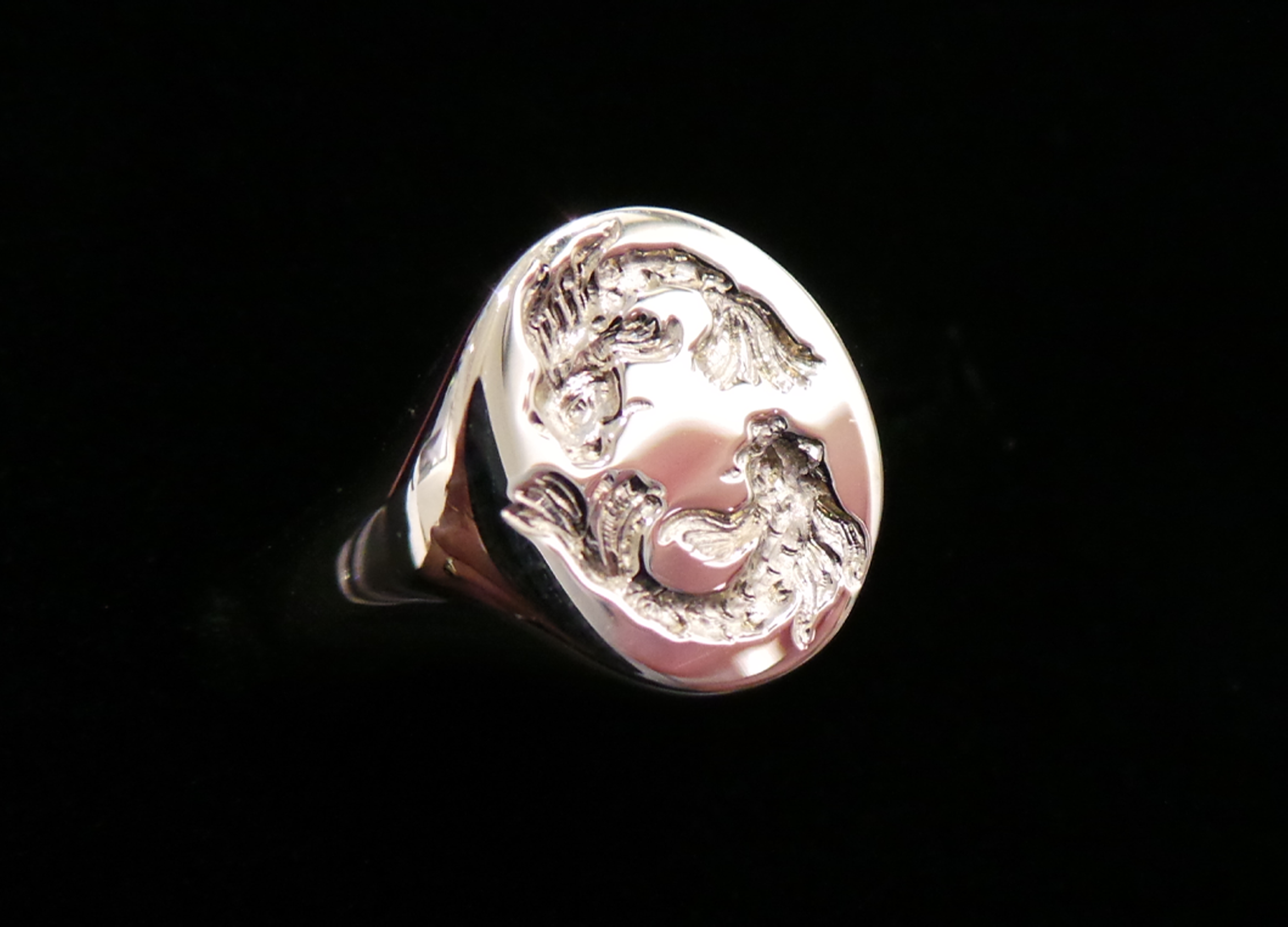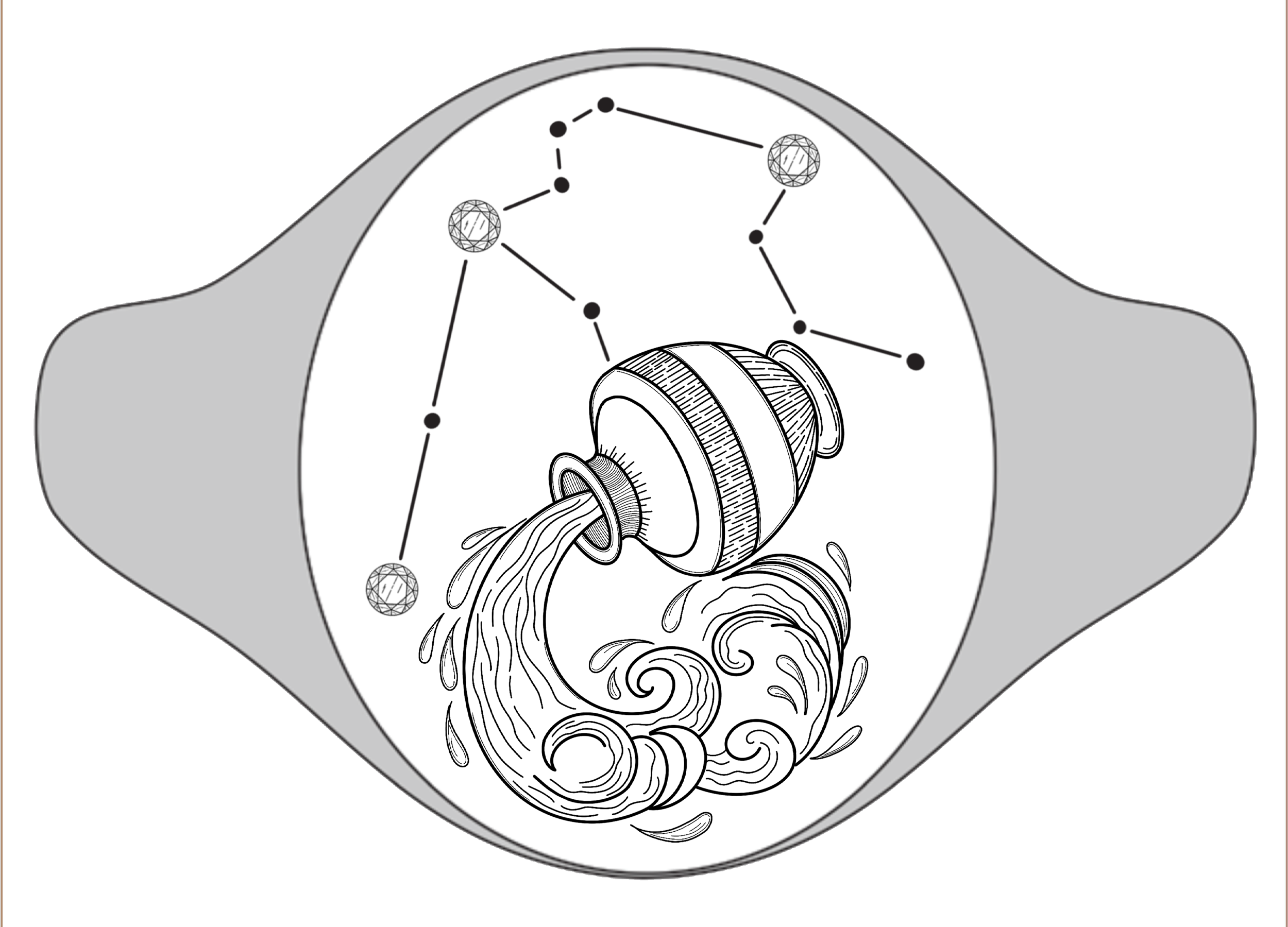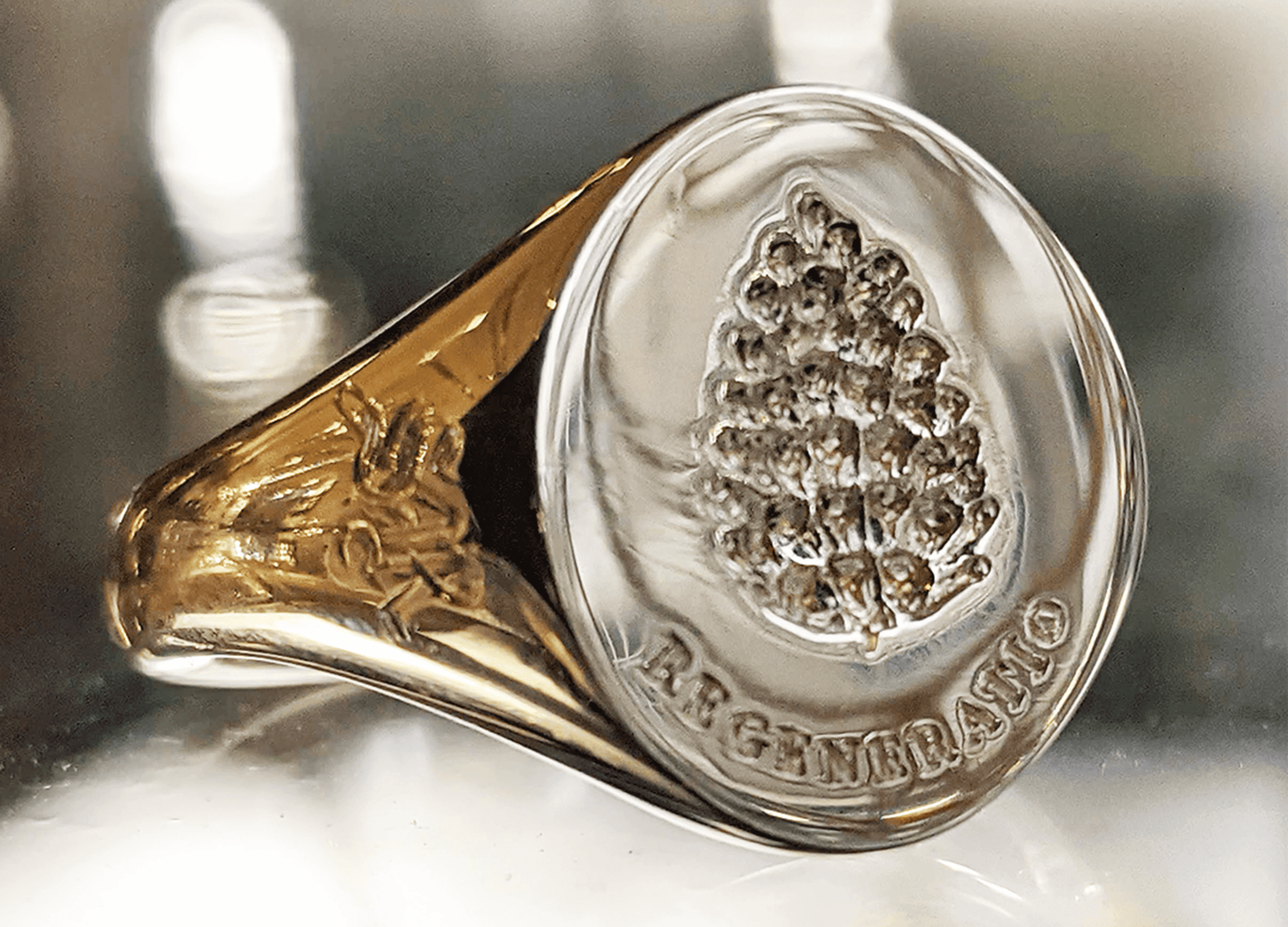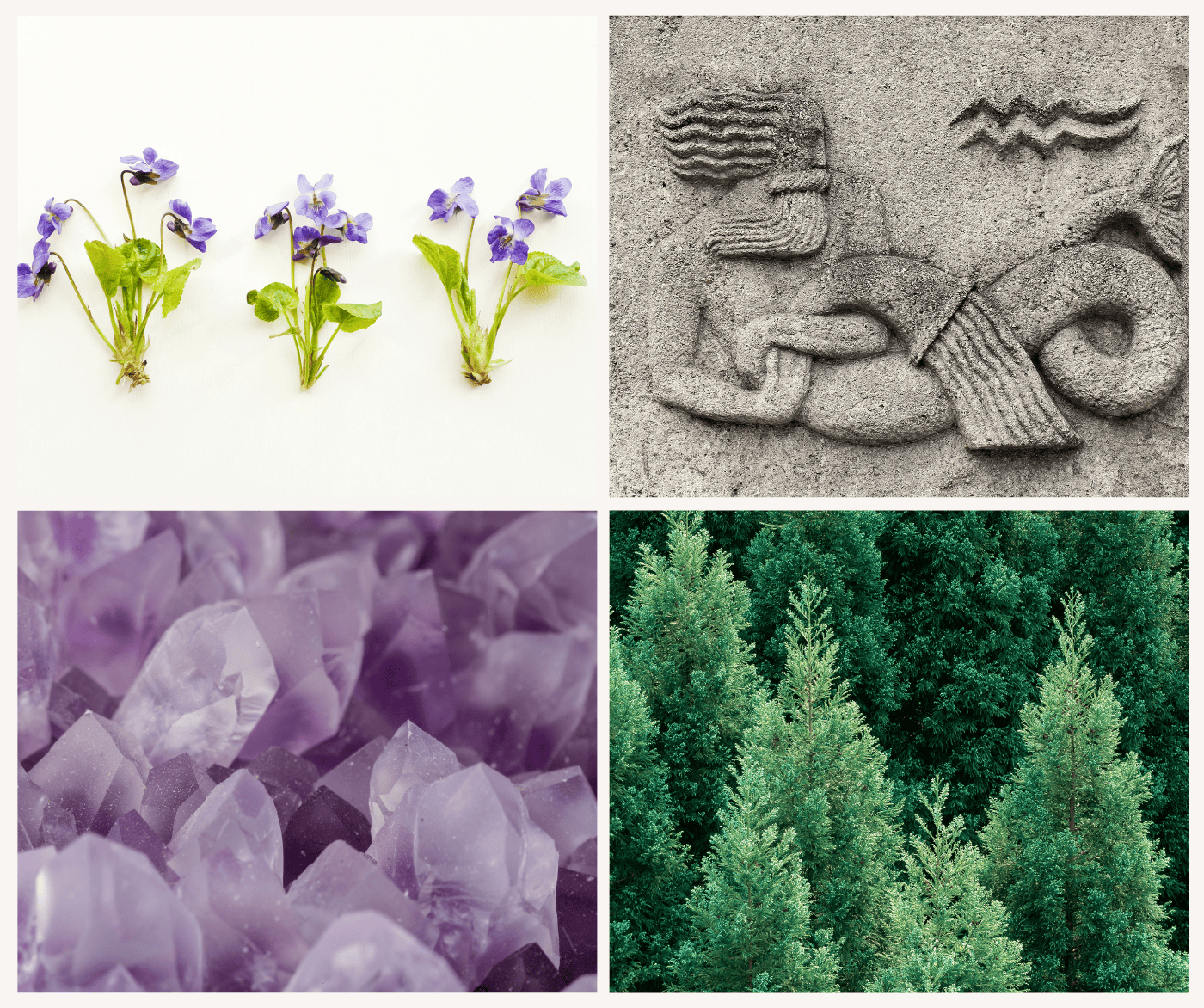As we continue this series exploring the birthstones, birth flowers, and birth trees behind the twelve signs of the Zodiac, we turn to those celebrating their birthday in February, assigned to Aquarius (from January 20 to February 18) or Pisces (from February 19 to March 20).
Birthstone: Amethyst
The amethyst symbolises spiritual growth, wisdom, and peace.
Highly valued by the Ancient Greeks and Romans, amethyst was believed to have the power to ward off drunkenness and provide clarity of thought. In fact, the word amethyst is derived from the Greek word amethustos, meaning sober. This belief was also shared by the Catholic Church, who adorned religious figures and bishops with amethyst, as a symbol of piety and spirituality.


Birth Flower: Violet / Primrose
Two birth flowers - the violet and the primrose - represent February.
The violet, a symbol of modesty and innocence, has been associated with the Virgin Mary since the Middle Ages. It was also said to have been the favourite flower of Queen Elizabeth I, who modelled herself as the Virgin Queen. Many centuries later, poets of the Victorian era coined the phrase ‘shrinking violet’, because of the flower's bowed shape, further associating it with modesty and deference.
During the Tudor and Elizabethan age, the violet was used by herbalists to treat headaches and depression, and later to counter the dirt, decay, and smells of London in the 18th century when carried around in small posies or nosegays.
Derived from the Latin word primus, the primrose is one of the first flowers to bloom in Spring, and is regarded as a hardy and resilient flower that symbolises hope.
In Ancient Greece, primroses were dedicated to Eos, the goddess of dawn, who was known for her youthful and radiant beauty. The yellow hue of the flower was said to reflect the glow of the sun, and represented renewal and new beginnings.
For Celtic Druids, it was known as a ‘fairy cup’, placed on doorsteps to ward off evil spirits and ensure fairies would bless your home.
The primrose would become a favourite flower of William Shakespeare, who used it as part of the rich, symbolic fabric of language he employed in plays from Hamlet to Cymbeline. In fact, the phrase ‘the primrose path’ was coined by Shakespeare, and was symbolic of taking the path of least resistance, one of pleasure and indulgence.
Later, Victorians would famously gift primrose as a declaration of enduring affection to let a loved one know you could not live without them.


Birth Trees: Cypress / Pine / Ash
The cypress, a symbol of strength and longevity, has long been associated with the Greco-Roman god of death, Hades or Pluto. It was believed that the cypress was sacred to Hades, who used the tree to create staffs for The Three Fates, a trio of goddesses within the underworld. Other mythology claims the cypress is named after a young man, Cyparissus, who was turned into a tree by Apollo so that he could mourn over the death of his beloved stag forever.
Cypress trees are associated with February because of the Roman full moon festival of Februalia, where offerings were made to the gods of the underworld. Cypress branches were doused in water and used about the body to cleanse during this period of atonement, and served as incense after cremating the bodies of the dead. Trees were also planted near burial grounds as protectors for the dead on their way to the afterlife.
The pine also has symbolic roots in Ancient Greece, where it was associated with Dionysus, the god of wine and pleasure. Devotees of Dionysus would carry thyrsus - a pine-coned staff - which they would use against anyone who tried to oppose the freedom of their wild, hedonistic cult.
In the Celtic lunar calendar, the ash is most commonly associated with those born in February, where it was seen as a protective symbol. This pioneer species is a symbol of renewal, and those born under it are likewise seen as hardy, motivated individuals.


Interested in designing a piece with your own birth symbols? Get in touch at info@rebussignetrings.co.uk or book an appointment at our Hatton Garden workshop or via Zoom to find out more.

